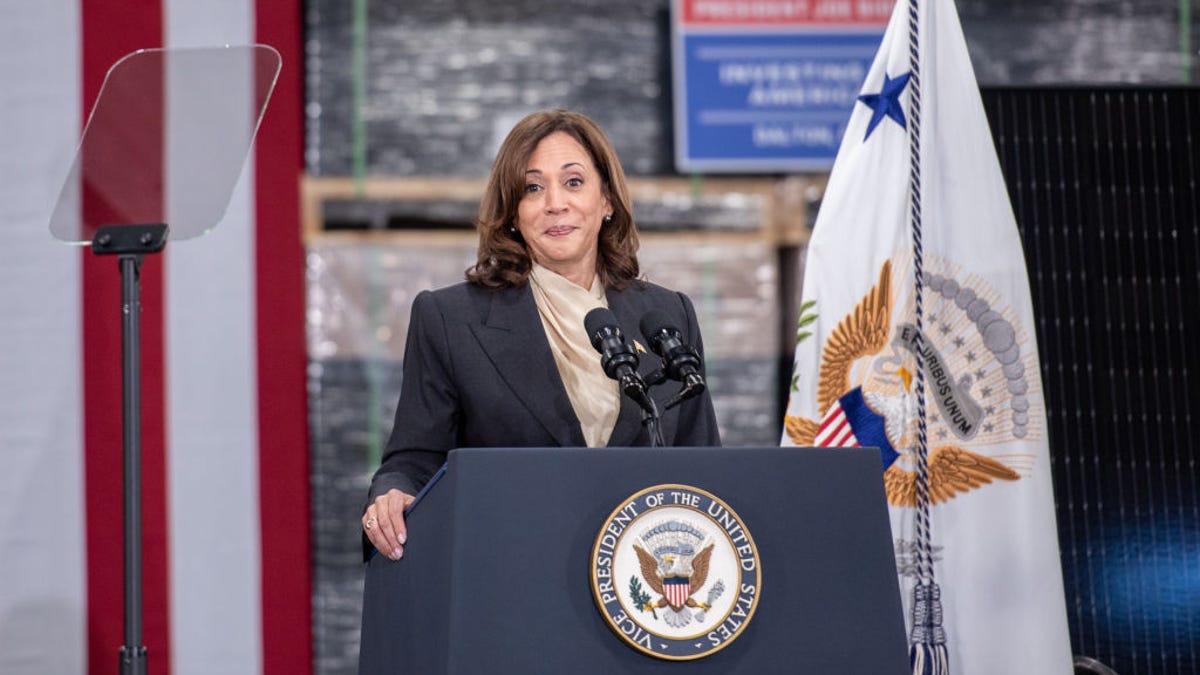
How the Biden Administration Is Making Solar More Accessible for Renters
Introduction
In recent years, solar energy has gained considerable traction in the United States, thanks in part to its many benefits for homeowners. However, renters have been unable to enjoy these benefits due to several barriers, including the lack of access to solar systems. Fortunately, the Biden Administration is taking significant steps to make solar more accessible for renters.
The Issue of Solar Inaccessibility for Renters
As the majority of renters do not own their homes, they are unable to install solar panels on their roofs or take advantage of the tax credits offered to solar owners. This lack of access to renewable energy leaves renters at a disadvantage, as they are paying for electricity that is often generated from non-renewable sources. Furthermore, it creates a barrier for low-income households that may not be able to afford the upfront costs of solar installation or to take advantage of the available tax incentives.
Biden Administration’s Efforts on Solar Accessibility for Renters
To address this problem, the Biden Administration has announced several initiatives that aim to make solar more accessible for renters. In April 2021, the Department of Housing and Urban Development (HUD) launched the Climate Action Plan, which includes a provision for increasing access to solar power for multifamily affordable housing. This initiative will help reduce energy costs for low-income households while also reducing carbon emissions.
Another major initiative being undertaken by the Biden Administration is the Solar Energy Industries Association’s (SEIA) “Community Solar Access for All” program. This program aims to provide solar energy access to low- and moderate-income households and communities, including renters. The program seeks to remove financial and access barriers that prevent renters from accessing solar energy and is part of a broader goal of reaching 100% clean electricity by 2035.
Moreover, the Biden Administration has committed to increasing the funding available for solar energy projects. As part of the administration’s infrastructure plan, the American Jobs Plan, the President has proposed investing $100 billion in clean energy – including solar energy projects. This significant investment will support the development of new solar energy infrastructure, creating more job opportunities and making solar a more viable option for renters across the country.
Conclusion
In conclusion, the Biden Administration’s initiatives are creating a more accessible and equitable environment for renters to benefit from renewable energy through solar power. With improved access to solar energy, renters will enjoy lower energy costs, reducing their carbon footprint while promoting the transition to clean energy sources in the United States. Through these initiatives, the Biden Administration is working towards a more sustainable future, one that benefits everyone regardless of their homeownership status or socioeconomic background.






